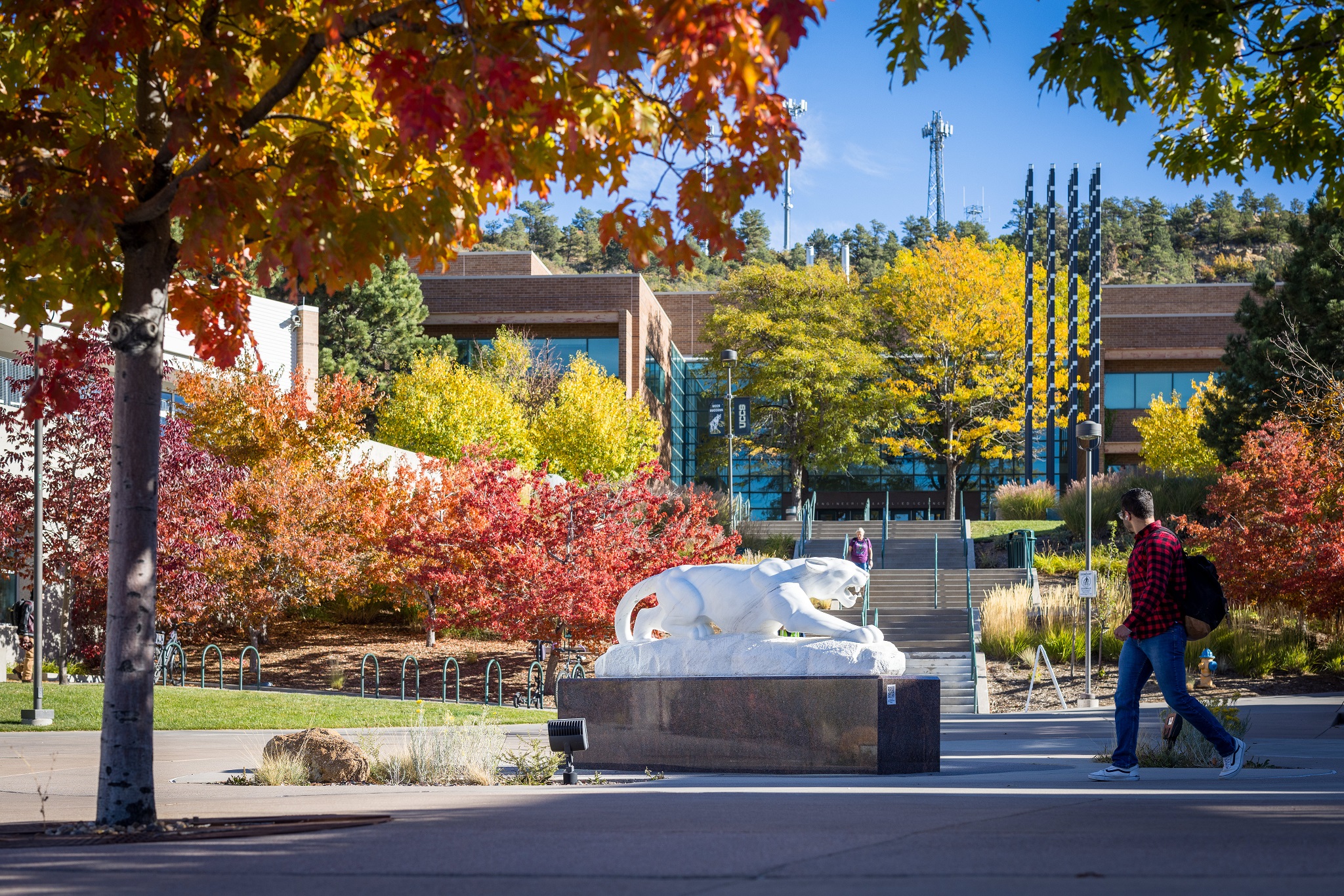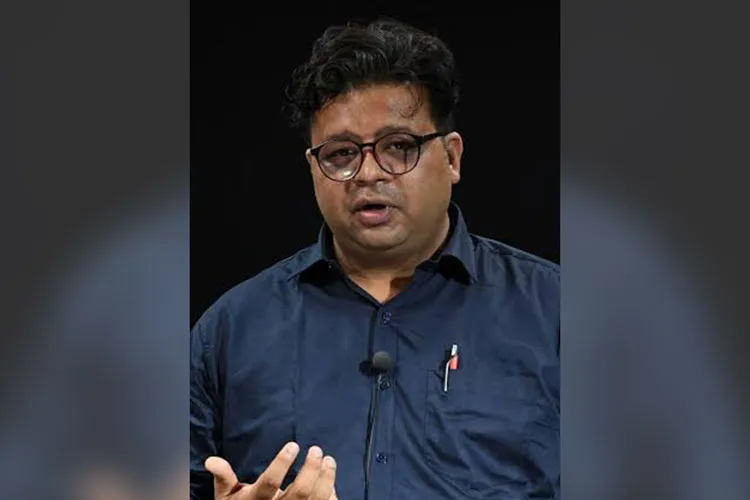

Sukant Khurana, Ph.D.
Chief Scientific Officer, Director, and Founder Ioncure Group of CompaniesBiography
Dr. Khurana was born into a family of academics and has cultivated a multidisciplinary skillset throughout his career, spanning mathematics, biology, engineering, and visual arts. He was privileged to work with noted scientists, including brief collaborations during his early training with a Nobel laureate and one of India’s most renowned biologists. He has served as a professor and researcher at institutions in Texas, Long Island, and India. While he began his career in academic research, Dr. Khurana’s current work is focused on translational research, driven by his expertise in AI, instrumentation, data science, and mental health.
His career has been a unique blend of working in academia and entrepreneurship. As the founder of IonCure Group of Companies, he led initiatives in education, career, and research entrepreneurship. Dr. Khurana’s work with IonCure includes a significant collaboration with over 10,000 doctors in South Asia to produce information on epilepsy awareness. This blend of scientific expertise, educational outreach, and entrepreneurial drive defines his professional journey.
Research Interests
Dr. Khurana’s core research interests lie at the intersection of artificial intelligence (AI), brain health, and drug discovery. As the founder of IonCure Group of Companies, he focuses on applying AI to these critical fields, building on his background as a biologist, mathematician, and AI researcher. His work also extends to developing systems for wildfire and natural disaster predictions in the United States, and to a new industry segment dedicated to neurotrophic AI. His research approach is highly translational, bridging the gap between academic study and practical application.
Beyond his primary focus, Dr. Khurana is deeply invested in citizen science and education. He has a passion for training the next generation of researchers, having led programs that trained over 13,000 students in data science and more than 400 in neurobiology and pharmacology. He also believes in using creative approaches for scientific outreach and awareness, as demonstrated by his past work with artists and musicians in raising awareness about epilepsy. His own art has addressed topics like depression and trauma.